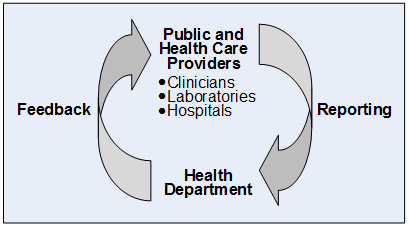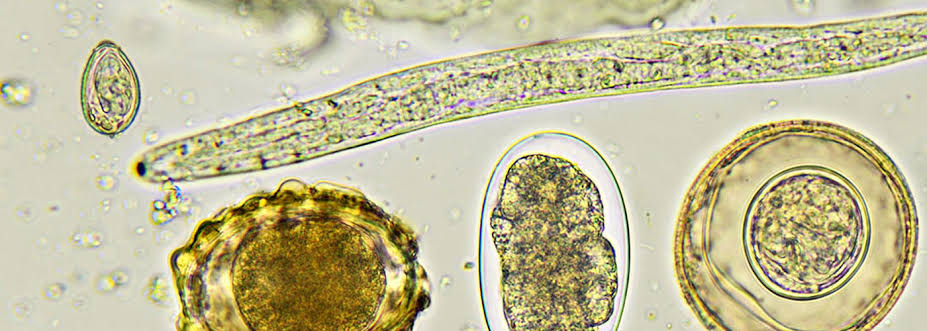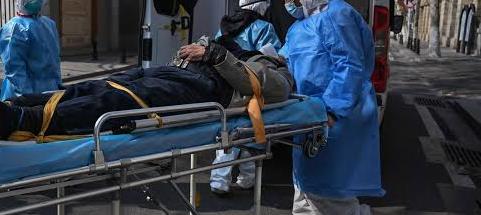In the mid-1980s, five major tasks of epidemiology in public health practice were identified. These […]
Tag: public health
MALARIA
Malaria is an insect-transmitted parasitic disease characterized by recurrent episodes of fever and anaemia (loss […]
Introduction to Parasitology
Parasitology is the study of parasites and their interaction with other organisms (i.e. their hosts). […]
PUBLIC HEALTH AND PARASITIC DISEASES
Public health is a branch of medical sciences that primarily deals with the surveillance, control, […]
Introduction to Epidemiology
The word epidemiology was coined from three different Greek words: epi (upon or on), demos […]
INTRODUCTION TO BACTERIOLOGY LAB
Bacteriology is simply defined as the scientific study of bacteria. Pathogenic bacteriology thus, is the […]







